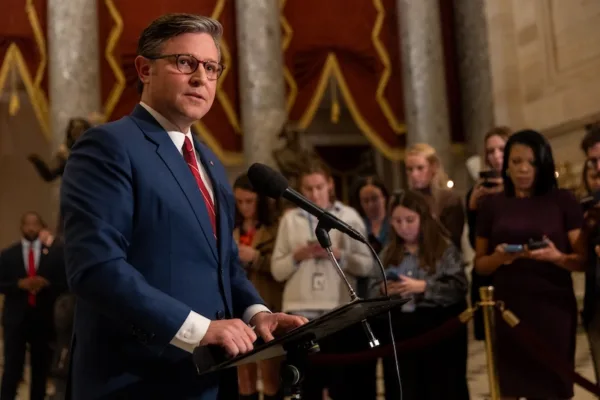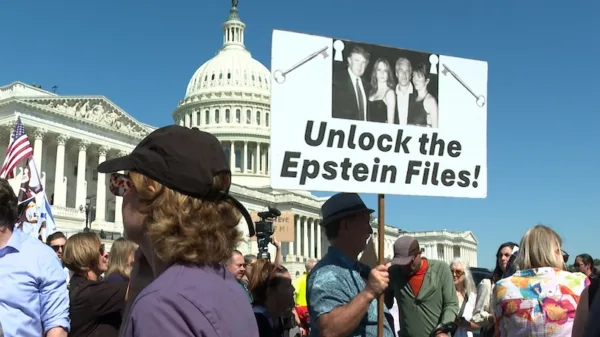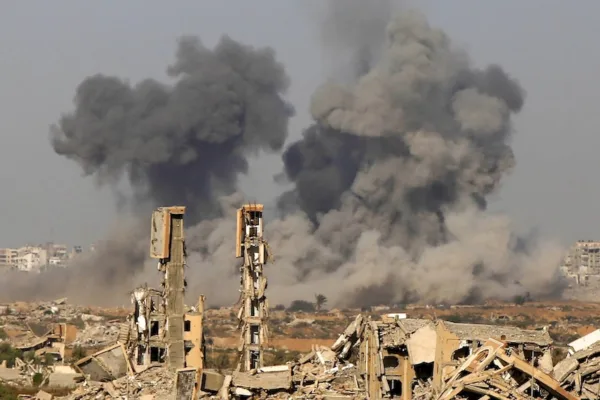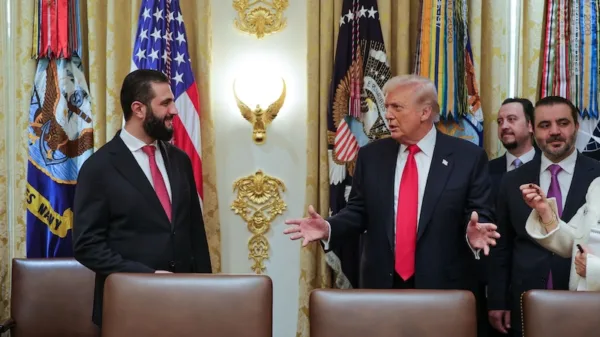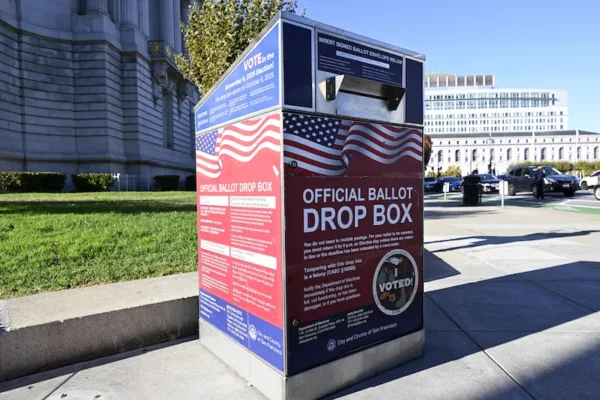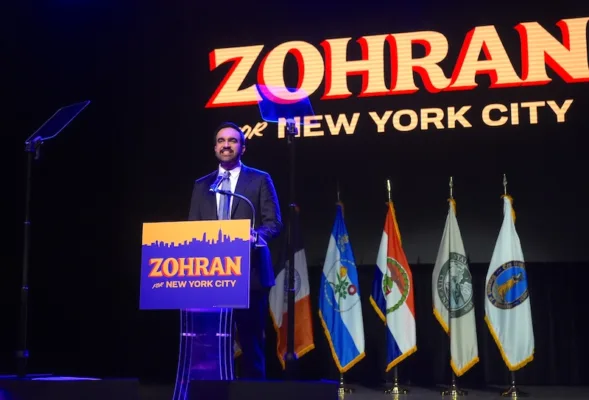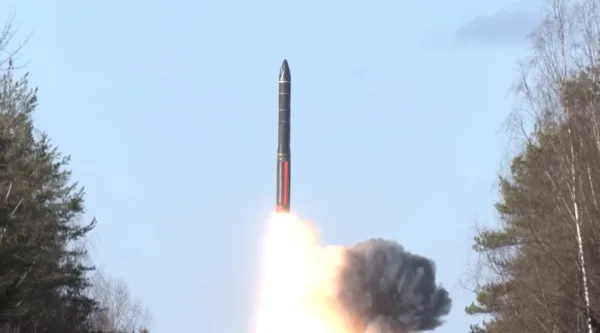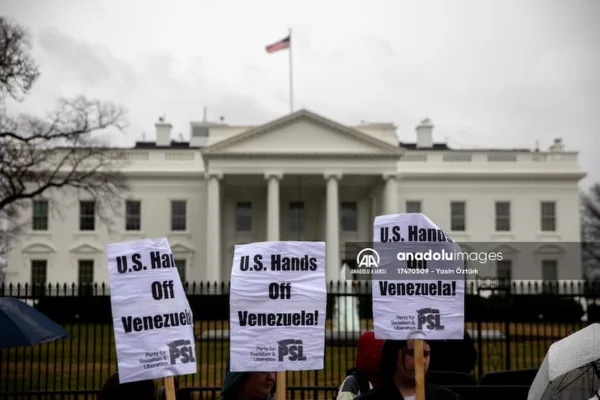Overcoming Iran Nuclear Impasse: A Year after the Tehran Declaration
On May 17, 2010, Iran, Turkey and Brazil signed a joint declaration referred to as the “Tehran Declaration” in an effort to achieve a breakthrough in nuclear negotiations with Iran. While Turkey and Brazil aimed to bridge the trust gap between Iran and the international community, the U.S. dismissed the declaration as a mere ploy on Iran’s part to stall the imminent sanctions. When the UN Security Council moved to impose sanctions on Iran in June 2010, the non-permanent members of the UNSC at the time, Brazil and Turkey, voted “no” arguing that sanctions would impede diplomatic efforts. At the anniversary of the Tehran Declaration and the Resolution 1929, this panel will revisit and debate possibilities of overcoming the Iranian nuclear impasse.
Panelists:
Trita Parsi, President, National Iranian American Council
Barbara Slavin, Non-resident Senior Fellow, the Atlantic Council
Matias Spektor, Director, Center for International Relations, Getulio Vargas Foundation
Kadir Ustun, Research Director, The SETA Foundation
Moderator:
Michael Adler, Public Policy Scholar, Woodrow Wilson International Center for Scholars
On May 17, 2010, Iran, Turkey and Brazil signed the joint “Tehran Declaration” in an effort to achieve a breakthrough in nuclear negotiations with Iran. The Turkish and Brazilian initiative to incorporate Iran into the international community was dismissed by Washington, which considered it a ploy by Iran to stall sanctions. During the subsequent June 2010 UN Security Council move to impose sanctions on Iran, both Turkey and Brazil voted “no” arguing that sanctions would impede diplomatic efforts.
To revisit this issue by discussing the reasons why the Tehran Declaration failed and the circumstances surrounding it, the SETA Foundation hosted a panel of distinguished experts to discuss the matter.
Event Summary
by Daniel Ritchie & Maggie Simon
Barbara Slavin from the Atlantic Council opened the discussion by labeling the 2010 Turkish/Brazilian diplomatic push a “noble effort that was basically doomed to fail,” asserting that the Obama administration, under pressure from Congress and Israel, shifted towards sanctions after giving Iran a year to agree to a confidence building measure (ending in late 2009). Thus, while the US encouraged Turkey and Brazil to keep making efforts with Iran after the failure to reach an agreement in 2009, the administration had already chosen its path.
“Where are we now? Neither side is showing any flexibility,” stated Slavin. “The United States and its partners are… not prepared to say up front that Iran has a right to enrich uranium…and Iran has made it clear that this is a precondition for serious negotiations.” She added that the political climate within Iran and the US makes further negotiations very difficult, stating that the nuclear program has become a defining domestic issue for the current Iranian government, so to give up the program, or make any substantial concessions, would be perceived negatively in the eyes of Iranians. On the US side, she argued that there is a complete loss of willingness to negotiate, and it is now heavily geared towards sanctions.
“As for Turkey and Brazil,” stated Slavin, “I think both of them got burned by the Tehran Declaration when they saw the reaction from the West and what happened after the UN Security Council vote.” Arguing that the only hope for a way out of the current impasse is to get China more engaged in Iranian nuclear diplomacy, citing China as Iran’s largest trade partner and critical investor in its energy sector. “Working on the China angle [is] our best hope right now.”
SETA’s Kadir Ustun followed by stating that the Turkish approach in brokering the Tehran Declaration correlated with its “neighborhood policy,” which is based on economic and political integration, the free-flow of goods and services, and proactive diplomacy. He stated that Turkey had the following specific incentives to try and achieve a breakthrough on the Iranian nuclear issue: Turkey’s own security, Turkish belief that Iranian compliance cannot be achieved through a sanctions regime, that sanctions run counter to Turkey’s aspirations of regional integration, and the belief that the diplomatic track had not been exhausted. “There is no doubt that there was political gain for Turkey in acting as a serious negotiator,” stated Ustun, “through brokering the Tehran deal, Turkey wanted to demonstrate that it could act as a serious dealmaker in the region.” He added that an additional incentive for brokering the deal was the establishment of a WMD-free zone in the Middle East, stressing that in condemning Iran vis-à-vis Israel’s nuclear capabilities, Turkey argues that Iranian cooperation could be sustained in the long run only if Israel is part of the nuclear-free zone.
He went on to state: “The Tehran deal was rejected by the US administration for not being comprehensive, and failing to satisfy the main concern of the international community.” However, Ustun maintained that the nuclear swap deal was precisely a confidence building measure and was never meant to be a comprehensive solution, and that the subsequent “no” vote at the Security Council was the product of Turkish frustration at the Washington’s rejection of the deal. “Turkish foreign policy is much less constrained by domestic politics, which makes it easier for Turkey to reach out to Iranians,” he stated, maintaining that Turkey is also nervous about Iran’s nuclear program and that there remains room for US and Turkey to cooperate on this issue. “Overcoming the nuclear impasse will have to involve a serious Turkish contribution… I think China… would be a roundabout way of going about it.”
Director of the Center for International Relations at the Getulio Vargas Foundation Matias Spektor spoke to the Brazilian perspective, specifically why, if it was doomed to fail, did they invest their political capital in the deal. “If we want to understand what happened, I think we need to try and try a little exercise in empathy,” Spektor stated. He provided some background on the matter by pointing out that “Brazil used to be even worse than Iran,” being that it also had a secret nuclear program, and only in the 1990s did it sign on to the NPT and create very active nuclear diplomacy. Spektor asserted that Brazil sees itself as a responsible stakeholder within the NPT, and that the countries that are failing the NPT are those countries that are not living up to chapter six of the NPT. He highlighted that Brazil will not sign on to the additional protocols not because Brazil has anything to hide, but because if Brazil signs on, the disarmed countries will have no tool to push and shove the nuclear countries to disarm.
Speaking to the issue directly, Spektor said “when Obama comes and begins to signal that there might be something shifting in American nuclear policy towards a greater emphasis on disarmament, Brazilians don’t believe it.” He maintained that the Brazilian perspective is the same as the Turks: sanctions are counterproductive and ineffective. However, the Brazilians went even further by saying that the problem with sanctions is that they will toughen the Iranian regime. Furthermore, Spektor stated “The Brazilians thought that in the context of the American presidential race when one of the leading candidates was singing ‘Bomb Iran,’ sanctions were a prelude to intervention.” He highlighted the Brazilian belief that they possessed moral authority because they are the only BRIC country that willingly relinquished the possibility of a nuclear weapon. From this position, Brazil could speak to the Iranians in ways that no other country could with the exception of Turkey. So the implicit argument is that the Brazilians can empathize with Iran and can understand what drives the Iranians.
Spektor maintained that anti-Americanism was not a driving force behind the “no” vote: “I know it sounds strange here in Washington now,” Spektor stated, “but Lula was actually thinking that in pursuing the Tehran Declaration he was facilitating things.” Lula unfortunately interpreted the situation the way he wanted to. Spektor stated that “we learned that environments of low mutual trust require very deep communication,” and asserted that Brazil’s mistake was its insufficient communication with Washington, Tehran and Ankara.
Trita Parsi, President of the National Iranian American Council, addressed the following question: Why did the Brazilians succeed with Turkey on something that the Europeans and Americans had failed? “The Brazilians and the Turks at the end of the day managed to get something that was quite coveted at the time,” Parsi stated, “which was to get an Iranian signature on a document.” He maintained that because of the trust gap between Iran and the West, there is no guarantee that Iranians can give what would ever be acceptable to the United States, and vice versa. Furthermore, he highlighted that the domestic political climates in Iran and the US do not allow for a chance at trust building. Parsi asserted that Turkey was an acceptable broker for the Iranians because there is some form of rapport between them, highlighting that they are two ancient countries with a long mutual history. “But also because Iran feels like it has some leverage over Turkey, which it does not have over any of the other states in the P5-plus-1. This gave the Iranians a little more sense of comfort that they would be able to go forward with this,” he stated.
“Brazil and Turkey engaged in more direct diplomacy with Iran than all of the P5-plus-1 combined,” Parsi stated, “Furthermore, even though the main interlocutor ended up being Ahmadinejad, both the Turks and the Brazilians did engage extensively with almost all other power centers in Iran.” He pointed out that, like in Washington, you cannot get an agreement by just going to the White House, and that Iran, albeit in different way, tends to work somewhat similarly. Parsi claimed that this was critical to the Turks’ and Brazilians’ success, calling it “proper diplomacy.” Also critical to the success, according to Parsi, was the Tehran Declaration’s admission of Iran’s right to enrich nuclear material, something that the United States is so far not willing to admit.







